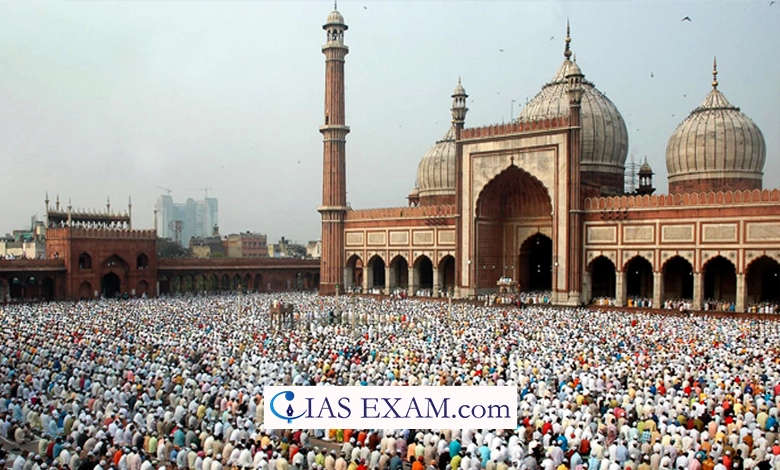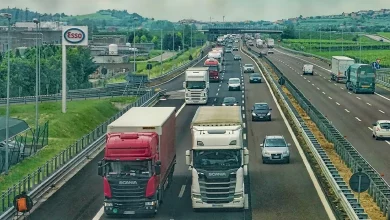
Context
Masjids, or mosques, have played a vital role in India’s cultural and religious heritage for centuries. With over 170 million Muslims in India, masjids serve not only as places of worship but also as community centres, educational hubs, and social service providers. However, in recent times, masjids have faced challenges related to funding, management, and political interference.
Key Points
- Masjids’ Central Role: Masjids are central to the religious lives of Muslims, with the first Masjid of Islam built in Madina called Quba during the Prophet’s time.
- Political Climate: The current political scene involves debates about the Gyanvapi Mosque in Varanasi and the Shahi Idgah Mas, Aj. M which are disputed issues in the mandir-masjid conflict.
- Historical Significance: The Jama Masjid of Delhi stands out as an iconic symbol of the history of the Muslims, with the 1857 Mutiny having huge implications to this place of worship – particularly by its defilement and use as a military barrack.
- Political Statements: In terms of politics and religion, no one doubts that expressions will be defined and shaped in relation to the future of a masjid in India.
- Hindutva Right’s Approach: The blueprint to approach future temple-mosque conflict disputes is based on Hindutva right’s politics, consolidation, and law intervention.
- Muslim Identity: Muslim groups were affected strongly by the 1857 AD event. Muslims were more likely to lose their life and their property in this time period.
Significance of Masjids
Masjids are an integral part of India’s religious and cultural landscape:
- Spiritual hubs: Masjids become a sanctuary for Muslims that contains a sacred area for Muslims to pray daily, Friday sermons and Eid prayers.
- Community centres: They play roles of the meeting places for the social activities like weddings, and even in burial services.
- Educational institutions: There are many mosques also, which run madrasas, providing students with spiritual and worldly education.
- Social service providers: Masjids often provide food, shelter, and medical aid to the needy.
Challenges Faced by Masjids
Despite their importance, masjids face numerous challenges:
- Funding constraints: While masjid depends almost entirely on the contribution of worshipers which never suffice to the needs, other facilities have moderate sources of funding.
- Management issues: Transparency, accountability and professional administration all suffer with widespread growing of poor management in mosque management.
- Political interference: Sometimes masjids become political tools of state and are being regarded as their tools to achieve different political goals.
- Legal disputes: The presence of property disputes, encroachments and legal battles might become the key problems of the mosque’s existence.
Future of Masjids
To ensure the rights and future of India’s masjids, several steps can be taken:
- Community empowerment: Encourage community involvement in masjid management and decision-making processes.
- Professional management: Introduce professional management practices, transparency, and accountability.
- Funding support: Explore alternative funding sources, such as government schemes and corporate social responsibility initiatives.
- Legal protection: Strengthen legal frameworks to protect masjid properties and resolve disputes.
Conclusion
India’s masjids are a vital part of the country’s cultural and religious heritage. Addressing the challenges they face and ensuring their rights and future is crucial for the well-being of Muslim communities and the nation as a whole. By empowering communities, introducing professional management, securing funding support, and providing legal protection, we can safeguard the significance and future of India’s masjids.
Source: The Hindu
UPSC Mains Practice Question
Q. Discuss the evolving landscape surrounding the rights and future of masjids in India. Analyse the legal, socio-political, and cultural dimensions shaping the preservation, governance, and role of masjids in contemporary Indian society. Assess the challenges and opportunities in ensuring the protection of religious freedoms, promoting cultural heritage, and fostering inclusive development through masjids.





.png)



